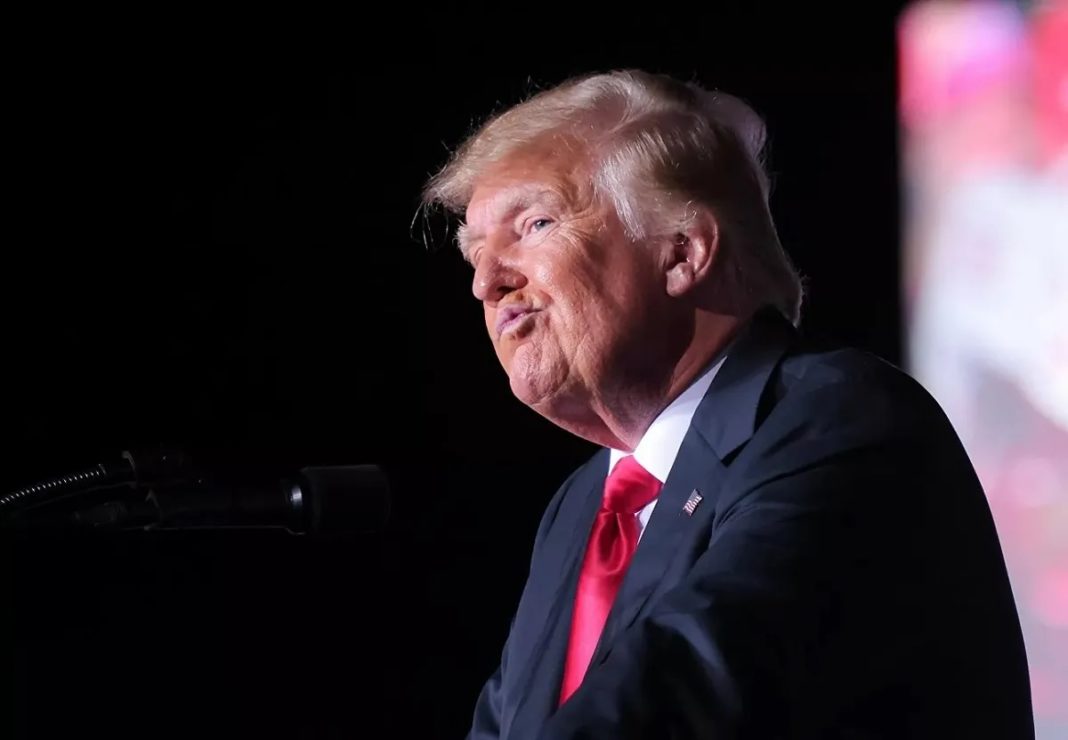Gabriel G. Tabarani
Despite the dramatic return of its influence to the Middle East through the recent conflict between Israel and Iran (and its proxies) and the appearance of its dominant force in the region, the international reality for the United States tells a different story.
Donald Trump came to power portraying the United States as a nation in decline—weak, disrespected, betrayed by allies, and exploited by partners. Yet, in stark contrast, his foreign policy assumed that the world still revolved around American hegemony, and that allies and adversaries alike would continue to submit to Washington’s will.
This illusion is rapidly crumbling. Trump’s “America First” agenda has not only alienated allies; it has also eroded the cooperative foundation of American power. Now, the United States faces a disturbing new reality: The world may no longer need—or want—American leadership.
For decades, U.S. influence was built not just on military or economic power, but on an international order, established after World War II, rooted in alliances, trade, and trust. The United States did not rule by coercion alone—it invited cooperation, offered security guarantees, and led by example. In return, allies aligned their interests with Washington’s, enhancing American power on the global stage.
Yet, Trump’s foreign policy team rejected this model as naive. It sought to force allies to capitulate, weaponize trade, withdraw from international institutions, and punish global partners for perceived slights. It acted as if cooperation was weakness, and as if fear was better than respect.
It is a strategic miscalculation with far-reaching consequences.
Across Europe, trust in the United States is sharply declining. In a recent poll, a majority of Europeans (60%) described Trump as an outright enemy. Even Germany’s conservative chancellor, Friedrich Merz, declared that Europe should move toward independence from the United States—a sentiment that would have been unthinkable a few years ago.
Meanwhile, America’s partners in Asia are taking heed. Japan and South Korea, two key pillars of America’s Pacific strategy, recently held a joint summit with China to explore deeper trade ties. This isn’t a challenge; it’s an adaptation. In a world where Washington is turning inward, countries are beginning to reshape the global order without American leadership.
Trump’s defenders argue that America’s dominance is too entrenched to be eroded—that allies may grumble, but ultimately they have no better alternative. However, history offers little solace. Great powers often fall not because of conquest, but because they miscalculate the world’s response to their arrogance. Despite its strengths, America’s advantages are being eroded. Trump’s chaotic trade policies have upended markets. His attacks on the independence of courts, universities, and regulatory bodies have shaken investor confidence. His administration’s disdain for diplomacy has weakened America’s influence in global institutions such as the International Monetary Fund, the World Bank, and the World Trade Organization.
Perhaps most dangerously, Trump’s foreign policy is undermining America’s military alliances. America’s ability to project power globally depends on a network of military bases, intelligence sharing, and operational coordination—none of which can function without the trust and cooperation of allies. Yet that trust is eroding.
Foreign militaries may soon be reluctant to purchase American weapons for fear that Washington will restrict their use. And governments may be reluctant to share intelligence if they suspect it could be misused. In crises, allies may not respond with the same solidarity that the United States once enjoyed—as happened after the September 11, 2001, attacks.
Even the dollar, long the cornerstone of American economic supremacy, may face long-term threats (see “Asswak Al-Arab” June 18, 2025). If foreign investors perceive the United States as unstable or volatile, they may begin shifting their reserves and investments elsewhere, slowly sapping America’s ability to sustain its fiscal deficits and debt-fueled growth.
This disintegration isn’t happening because the world favors China or Russia. It’s happening because the United States, under Trump, has become something it never was: unreliable, indifferent, and mercurial. U.S. allies don’t need perfection—they need consistency. Trump offers neither.
More importantly, this shift may not be reversible. The international order is not a light switch that America can turn on and off at will. Allies are already building new ties and planning for a future in which American leadership is optional, not pivotal. Even if a future administration seeks to rebuild American credibility, some of the damage will always be there present.
Trump’s version of strength—tariffs, insults, and unilateralism—is proving to be a roadmap for weakness. The world isn’t afraid of this new America. Rather, it is increasingly prepared to move on without it.
The United States was once indispensable. Under Trump, it risks becoming irrelevant.
This article was originally published in Arabic on the Asswak Al-Arab website.


